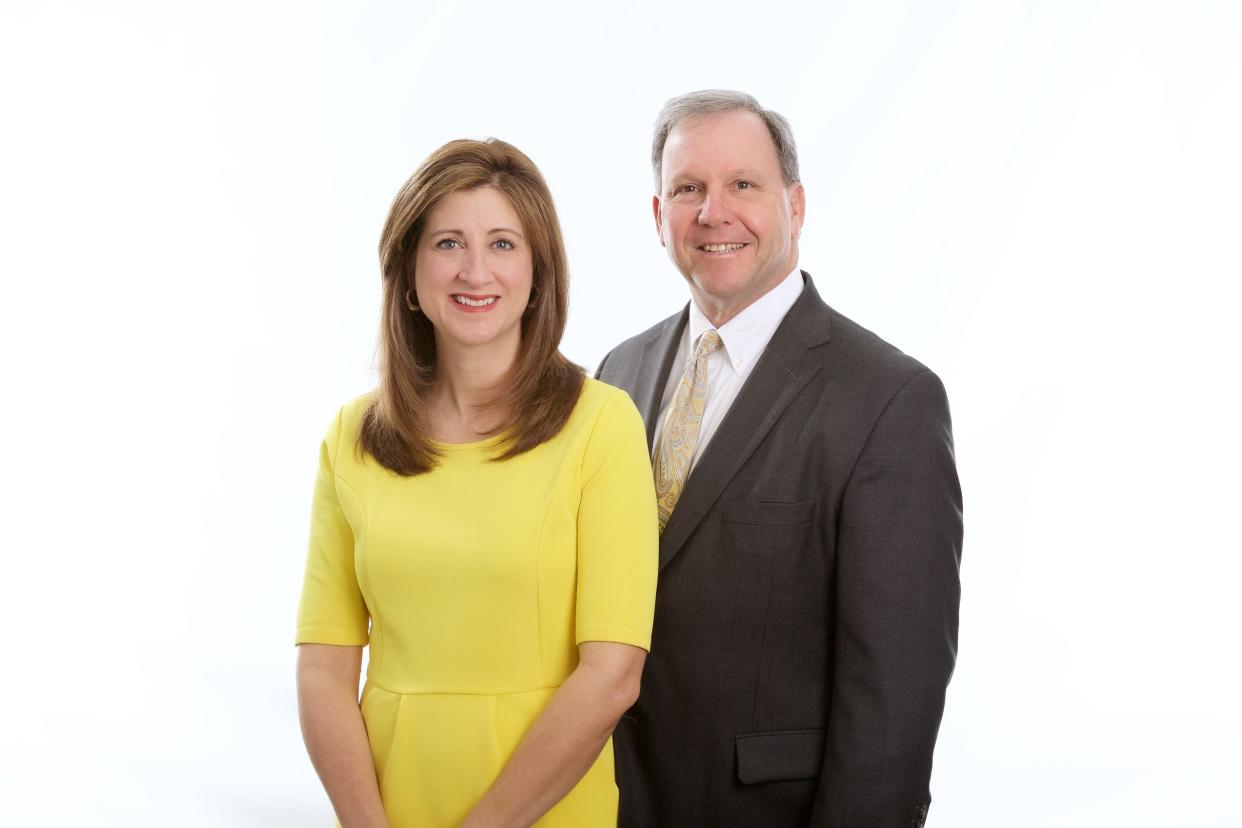Don’t forget to take your RMDs | Allworth Advice
Question: Kris from Fairfield: My parents were told they need to take something called an “RMD” by the end of this year, but they’re not sure what that means. Can you help?
A: ‘RMD’ stands for ‘Required Minimum Distribution.’ It is an annual withdrawal the government requires folks to start making at age 73 if they have money saved in a tax-deferred account, such as a traditional 401(k), traditional IRA, 403(b), or SEP IRA. (The starting age used to be 70 ½ – and those people will continue to have to take their RMDs – but the SECURE 2.0 Act raised it to 73; it will be raised to age 75 in 2033.)
The account holder must withdraw a specific amount of money (as determined by an IRS life expectancy calculation) by December 31st of each calendar year (in most cases). Otherwise, the IRS will hit them with a 25% penalty (though the penalty could be lowered if it’s corrected within a certain timeframe).
If you’re thinking that this all doesn’t seem very fair, the government has its reasons for forcing your parents to make these withdrawals. Remember, they made a deal with Uncle Sam when they started saving in their tax-deferred account(s); the government would give them a tax break on contributions, and in exchange, your parents would pay taxes on withdrawals down the line. It’s simply time to pay the piper.
Since we’re already in mid-November, the Allworth Advice is that your parents need to make their RMD withdrawal(s) a financial priority soon. If they work with an advisor, he or she should be able to help them figure out how much to withdraw. If they don’t, an online calculator or an IRS worksheet can assist with the calculation. If they’re still not sure, they should contact a tax advisor.

Q: Mike in Bracken County: I’ve been contributing to an HSA for a few years, and I’ll be enrolling in Medicare soon. But I’ve heard I can’t use my HSA when I’m on Medicare. Is that right?
A: We have good news. You can use the money in your HSA (Health Savings Account) if you are enrolled in Medicare. Withdrawals will come out tax-free if you use the funds for qualified medical expenses, which can include Medicare co-pays, deductibles, and Part B premiums.
However, what you can’t do while on Medicare is continue to contribute to your HSA. This is because you’re only allowed to contribute to an HSA if you are enrolled in a high-deductible healthcare plan (HDHP), and Medicare is not considered an HDHP.
It’s important to note that if you’re still contributing to your HSA in the year you turn 65 (and enroll in Medicare), your contribution limit is pro-rata. If you happen to overcontribute, be sure any extra money is removed by your tax filing date – otherwise, you’ll get hit with a penalty.
Interestingly, there is currently proposed legislation in Congress that would make changes to some of these rules, including allowing Medicare beneficiaries to continue saving in an HSA. We’ll keep our eye onthings to see anything gains any traction.
Here’s The Allworth Advice: Rules surrounding the use of a Health Savings Account in conjunction with Medicare can get a little tricky. So, if you need guidance, consider reaching out to a qualified expert (such as a fiduciary financial advisor). But the big key to remember is that money already in your account is always yours – you have every right to use it, even while on Medicare.
Every week, Allworth Financial’s Amy Wagner and Steve Sprovach answer your questions. If you, a friend, or someone in your family has a money issue or problem, feel free to send those questions to yourmoney@enquirer.com.
Responses are for informational purposes only and individuals should consider whether any general recommendation in these responses is suitable for their particular circumstances based on investment objectives, financial situation and needs. To the extent that a reader has any questions regarding the applicability of any specific issue discussed above to his/her individual situation, he/she is encouraged to consult with the professional adviser of his/her choosing, including a tax adviser and/or attorney. Retirement planning services offered through Allworth Financial, an SEC Registered Investment Advisor. Securities offered through AW Securities, a Registered Broker/Dealer, member FINRA/SIPC. Visit allworthfinancial.com or call 513-469-7500.
This article originally appeared on Cincinnati Enquirer: What's an RMD in investing?
